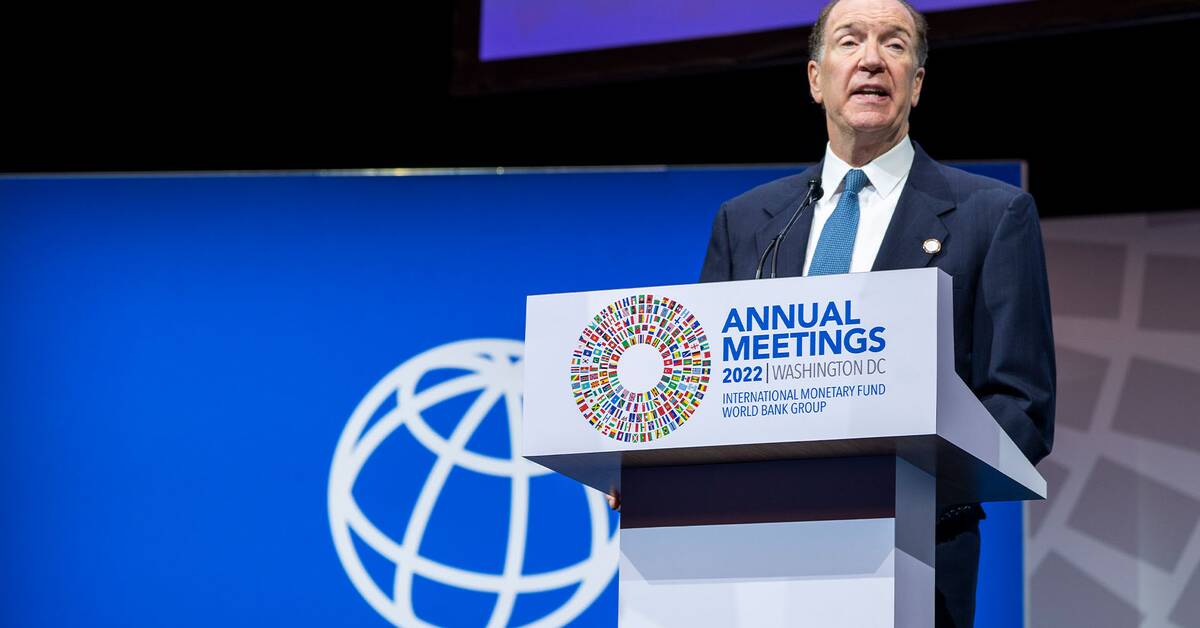Global growth in 2023 is expected to amount to 1.7 percent, which is a downward revision from the previous forecast of 3 percent.
If the revised forecast proves correct, 2023 will be the third weakest growth year in almost three decades.
Only 2009, fringed by the financial crisis, and the corona year 2020 were worse.
Inflation can persist
Behind the new forecast are factors such as the persistently high inflation, as well as Russia's war in Ukraine.
Although inflation seems to be starting to fall back, it is at historically high levels.
Inflation looked set to peak at the end of 2022, partly due to lower energy prices.
However, the World Bank warns that inflation may persist despite this, prompting central banks to raise key interest rates further – something that continues to slow the economy.
Risk of global recession
The World Bank also warned of the risk of stepping into a global recession, among other things due to reduced economic activity in large economies such as the US and Europe.
"Given the fragile economic situation, adverse developments - such as high inflation, new spread of covid-19 and escalating geopolitical tensions - risk pushing the global economy into recession," the bank said in a statement.
According to the World Bank, the development is hitting the world's developing economies particularly hard, as they are now struggling with, among other things, high debt, a weak currency and reduced investment in businesses.
Slowest growth since the 70s
Growth in China, one of the world's fastest growing economies, fell back to 2.7 percent last year, the slowest growth rate since the mid-1970s.
The criticized zero-covid policy, which affected consumption, production and investments, is considered to be one of the causes.
China's economy is expected to grow at a faster rate in 2023, albeit less than the World Bank's forecast from June last year.

